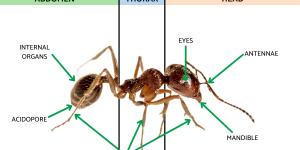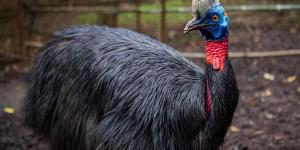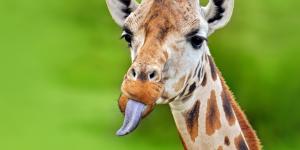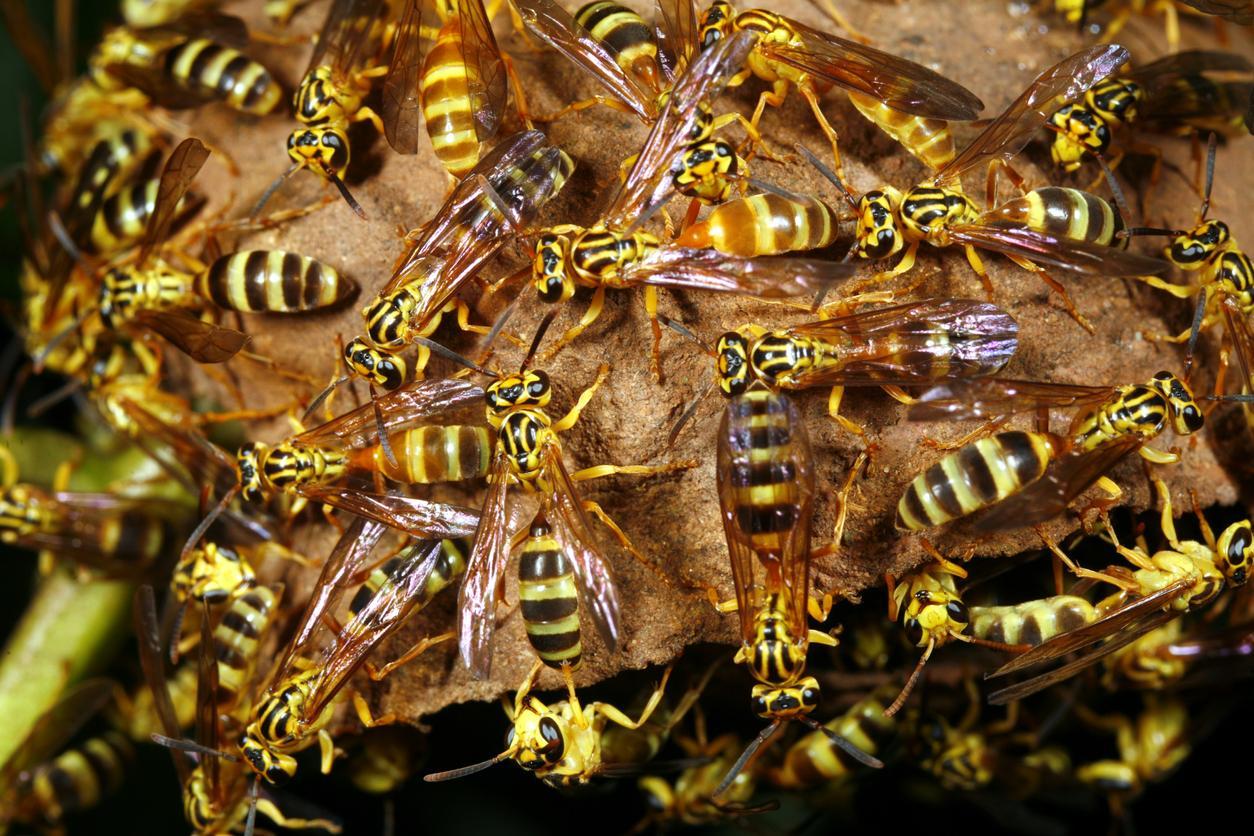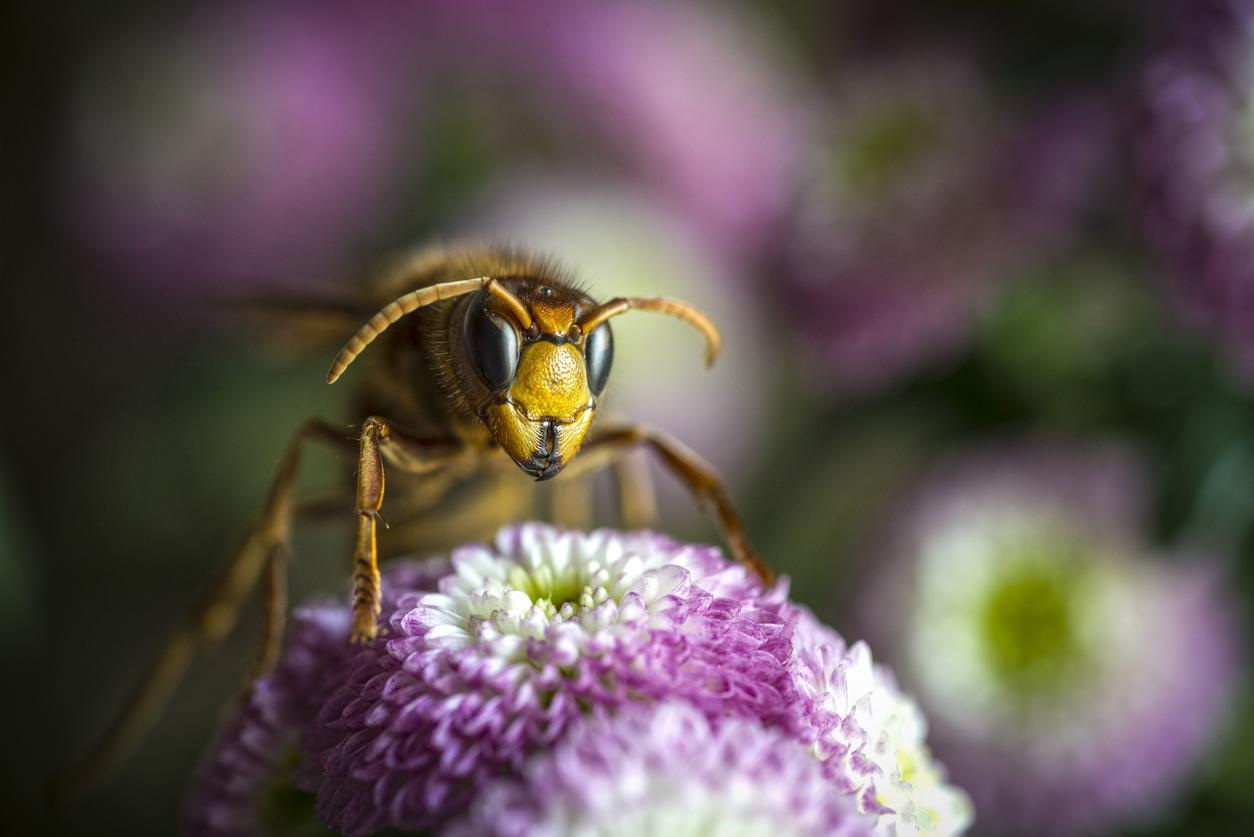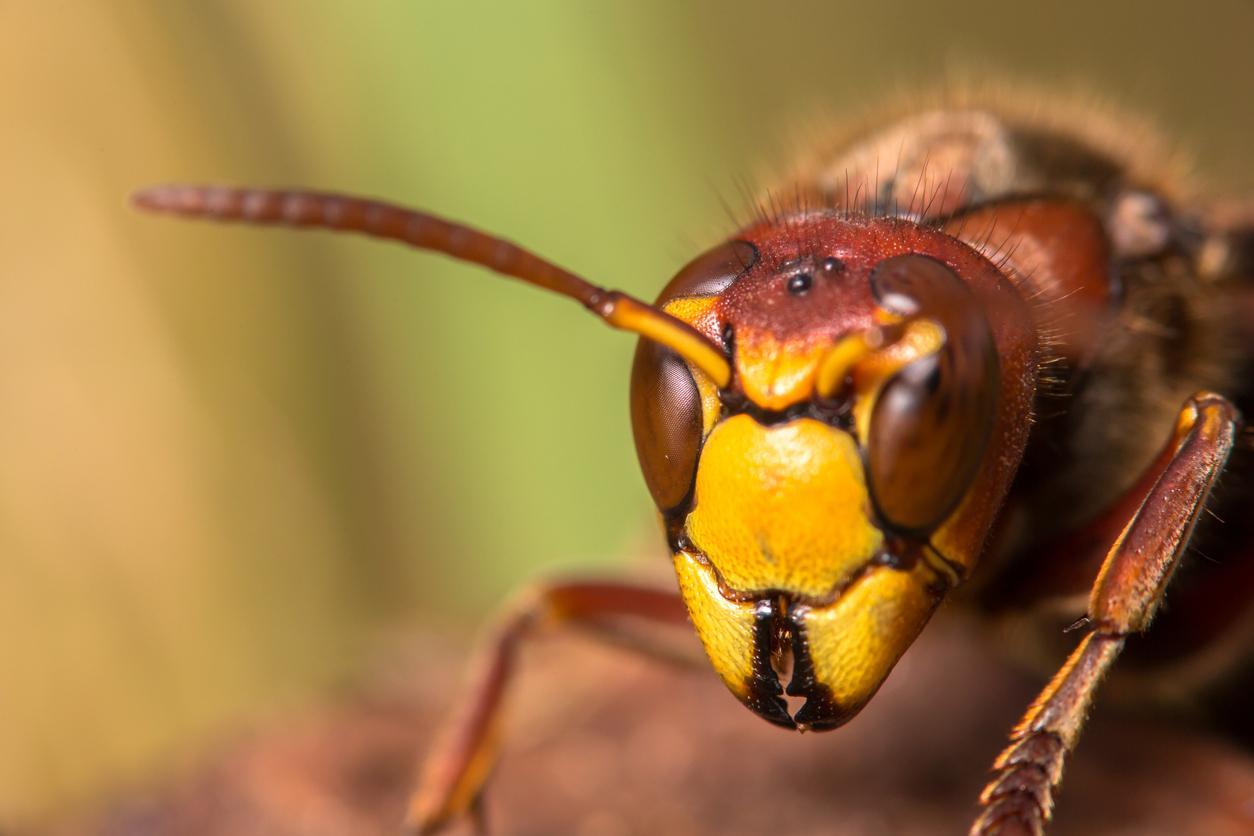What Is the Purpose of Wasps?


Wasps are a diverse group of insects, often overshadowed by their more celebrated cousin, the honeybee. However, these fascinating creatures are ecological powerhouses, playing crucial roles in both natural ecosystems and even benefiting some human activities. While their stings and territorial behavior can be a concern for humans, understanding their contributions can foster a greater appreciation for these misunderstood insects.
In this article by thedailyECO, we delve beyond the stinger and explore the true purpose of wasps.
Pollination
While they are not as efficient or specialized as bees, wasps still play a role in the pollination process. Many wasp species feed on nectar from flowers. As they move from flower to flower in search of nectar, they inadvertently transfer pollen, thus contributing to pollination.
Not only that, but some plants rely on wasps for pollination. For instance, fig trees are primarily pollinated by fig wasps. The wasps enter the figs to lay their eggs, and in the process, they transfer pollen from one fig to another.
Wasps tend to be generalist pollinators, meaning they visit a wide variety of flowers rather than specializing in a few types. This can help increase the genetic diversity of plants by facilitating cross-pollination between different species.
In ecosystems where bee populations are declining or less active, wasps can serve as complementary pollinators. They help ensure that flowers are pollinated, especially in environments where bees are less common.
Learn more about other animals that pollinate in this other article.

Biological control of insect pests
The biological control of insect pests is one of their crucial ecological roles and offers natural pest management benefits. This is because many wasps are predators of other insects. For example, paper wasps, yellow jackets, and hornets hunt various insects, including caterpillars, flies, and beetle larvae, to feed their larvae. By preying on these pests, wasps help keep their populations in check.
Some wasps, known as parasitic wasps, lay their eggs inside or on the bodies of other insects. The wasp larvae then feed on the host insect, eventually killing it. This form of parasitism can significantly reduce the numbers of pest insects. Notable parasitic wasps include the braconid and ichneumon wasps, which target pests such as aphids, caterpillars, and beetles.
In agricultural and horticultural settings, parasitic wasps are often used as biological control agents. For instance, the Trichogramma wasp is released to control caterpillar pests in crops, while the Aphidius wasp is used to manage aphid populations.
By naturally controlling pest populations, wasps reduce the need for chemical insecticides. This leads to more sustainable pest management practices and minimizes the environmental and health impacts associated with pesticide use.
Recycling of organic matter
Wasps contribute to the recycling of organic matter through their feeding and nesting behaviors. Some wasps, particularly social wasps like yellow jackets, feed on decaying organic matter, including fruits, vegetables, and animal carcasses. By consuming and breaking down this organic material, they help accelerate the decomposition process, returning nutrients to the soil and promoting nutrient cycling in ecosystems.
As wasps feed on various organic substances, they redistribute nutrients through their waste products. This redistribution helps enrich the soil and supports plant growth, contributing to the overall health of the ecosystem.
By preying on other insects and acting as parasites, wasps indirectly contribute to the recycling of organic matter. The insects they consume or parasitize are often pests that feed on plants. By controlling these pest populations, wasps help maintain plant health and promote the cycling of organic material within the ecosystem.
Certain species of wasps are scavengers that feed on animal carcasses. Their activities help decompose and break down dead animals, which is a crucial part of nutrient cycling and organic matter recycling in nature.
You might be interested in this other article, where we discuss the difference between organic and inorganic compounds.
Contributions to Oenology
Wasps play a surprisingly important role in oenology, the science of winemaking. This is because wasps are natural carriers of Saccharomyces cerevisiae, the yeast species commonly used in wine fermentation. During the summer, wasps feed on yeast-rich environments such as ripe and rotting fruits. These yeasts colonize the wasps' digestive tracts. When wasps visit vineyards and come into contact with grape clusters, they deposit these yeasts onto the grape skins.
This natural inoculation process introduces beneficial yeasts that can kickstart the fermentation process when the grapes are harvested and crushed. In fact, this process can lead to spontaneous fermentation, a process favored by many winemakers who seek to produce wines with unique and complex flavor profiles. The diverse yeast strains contribute to the development of different aromatic compounds and flavors in the wine, enhancing its overall character and quality.
Wasps can also carry acetic acid bacteria and other microorganisms that influence the winemaking process. While some bacteria can spoil wine, others play a role in the malolactic fermentation process, converting harsh malic acid into softer lactic acid, which improves the wine's taste and stability.

What would happen if wasps did not exist?
If wasps did not exist, several ecological and agricultural consequences could occur. Every animal, no matter how small or seemingly insignificant, plays a role in the intricate web of life. A diverse ecosystem with a variety of plants and animals is more resilient and stable. Different species have different functions, and their interactions create a healthy balance. The loss of any one species can disrupt this balance and have cascading effects.
As mentioned earlier, wasps are natural predators of many insect pests, including aphids, caterpillars, and flies. Without wasps to control their populations, these pests could proliferate unchecked, leading to significant damage to crops and agricultural ecosystems. Farmers might need to rely more heavily on chemical pesticides to manage pest populations, with potential negative impacts on the environment and human health.
It is important to note that this role is not limited to pests, but that wasps also help control populations of other insects. Their absence could disrupt food webs and lead to imbalances in ecosystems, potentially resulting in declines in biodiversity. Some species that rely on wasps as prey or as part of their natural habitat could face population declines or local extinctions.
While wasps are not primary pollinators like bees, they do contribute to pollination to some extent. Their absence could result in decreased pollination rates for certain plant species, including wildflowers and fruit-bearing plants. This could have cascading effects on ecosystems and agricultural systems that rely on insect pollination for reproduction and food production.
Finally, as discussed earlier, wasps play a role in oenology by dispersing beneficial yeast strains and influencing fermentation processes. Without wasps, winemakers might need to rely more heavily on cultivated yeast strains for fermentation, potentially limiting the diversity of flavors and aromas in wines. Additionally, the absence of wasps could disrupt ecological balance in vineyards, leading to increased pest pressure and the need for more intensive pest management practices.
If you want to read similar articles to What Is the Purpose of Wasps?, we recommend you visit our Facts about animals category.

